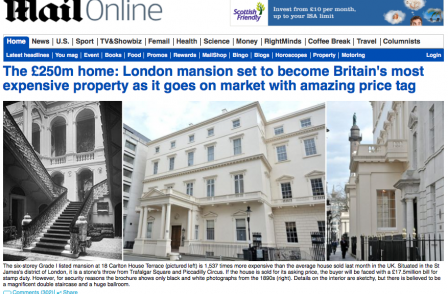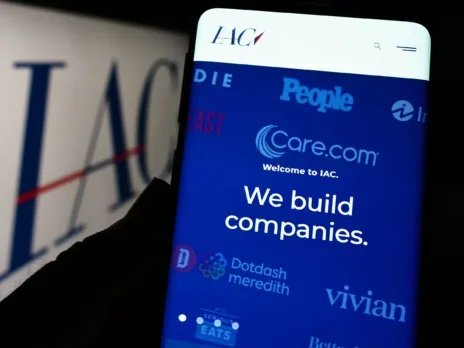
Daily Mail and General Trust proprietor Lord Rothermere revealed this week that Mail Online journalists aim to get stories up within three minutes of news breaking on Twitter.
The DMGT controlling shareholder was speaking at the Shift conference in London.
Talking about readers he said: “The Mail Online is a much younger audience, and a much more international audience whose choice of stories is slightly different as well. And they expect things to be very immediate.
“For example, Twitter is a major form of primary source material for us and the guys on Mail Online try and turn around stories from Twitter in about three minutes. So the timeliness of news is becoming much more important and journalists have to learn a lot more different skills in understanding that – and they are.”
Asked whether global organisations such as Twitter, Google and Facebook are competitive or complimentry he said: “I think they’re ‘frenemies’. They’re going to compete for advertising dollars, but they are a huge source of traffic for us.
“We’re the most shared site on Facebook in the UK, and growing to become the same in the US. Twitter could be a big marketing tool if we used it more effectively, but I don’t think we do that yet. But as a primary source material, we are finding it is one of the major sources of new stories. So I think we are co-dependant.”
Rothermere also revealed that without Mail Online’s global audience it would be looking at being a paid-for site.
"If we were looking at just a UK environment we would be absolutely forced down the road of charging for content, because there would be no other way of replacing our total revenue. But I think the opportunity of reaching an English speaking audience globally with a pretty fixed cost base, so that it’s not going to grow in line with the number of audience, means that there is potentially a much larger ad cake out there.
"And if you keep your fixed cost base tight and you start growing your traffic and you get your advertising in then eventually you’ll start becoming quite profitable quite quickly. With newspapers you grow your audience and you have a higher marginal cost. So it’s a different kind of business model. That’s the game we’re trying to play at the moment.
"If we don’t get to the right size then that will be the issue and we’ll have to start becoming more focused on charging for content. "
He added: “When we started MailOnline we started seeing a lot of traffic from the US and we didn’t know how to monetise it, which was a bit irritating. To be honest, at the beginning we didn’t really want it. Then, being unashamedly opportunistic, as it continued to grow I was reading an interview with Rusbridger and he was talking about wanting to make the Guardian a global newspaper. I thought that was a pretty cool idea.
"So I and the rest of the team decided to follow the traffic, and we put some people in to California and LA. That worked, and after we started building a team in New York and it’s just continued to grow. We followed our success, and it’s really that simple.
"Try things, and if something works back it and that’s what we’ve done. It would be nice to take the credit myself, but I must say that the success of Mail Online is built on the back of a huge amount of hard work and talent from Martin Clarke and our other journalists."
Email pged@pressgazette.co.uk to point out mistakes, provide story tips or send in a letter for publication on our "Letters Page" blog




